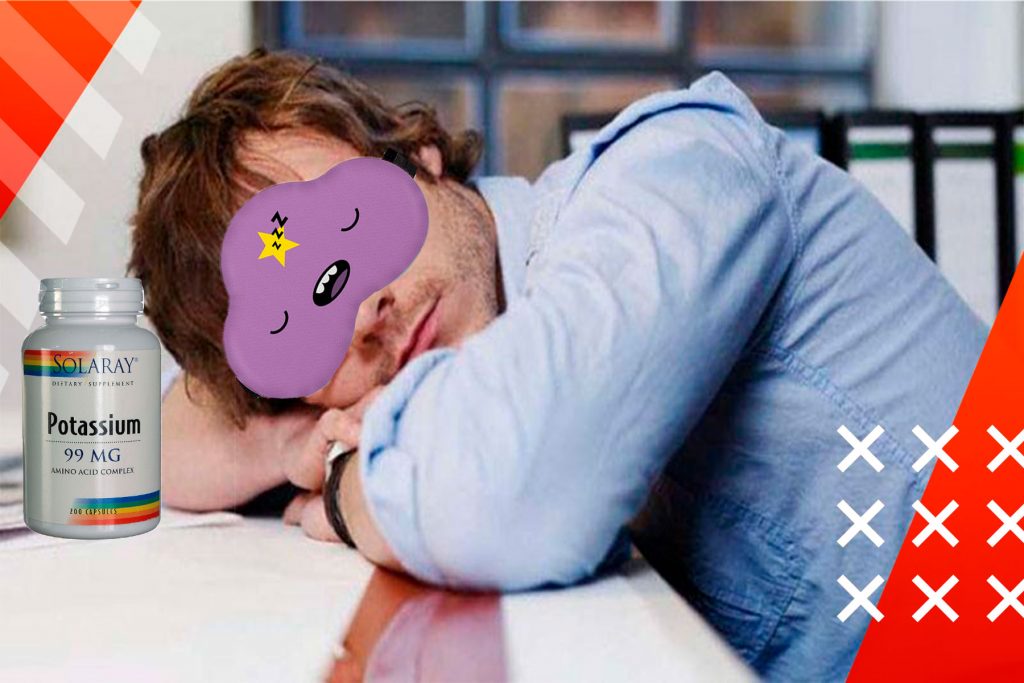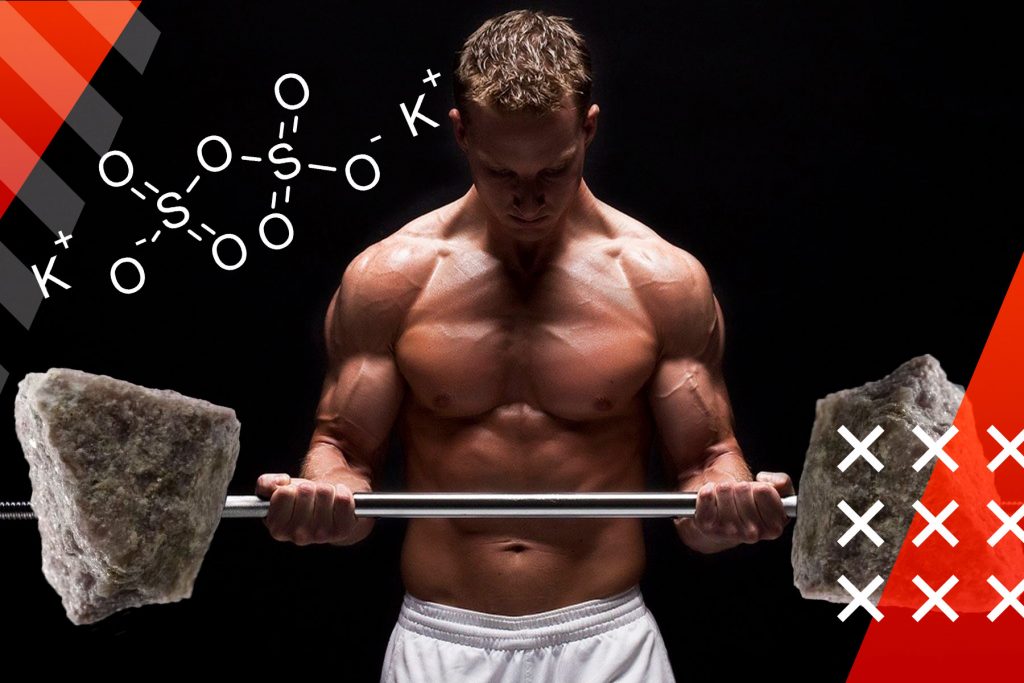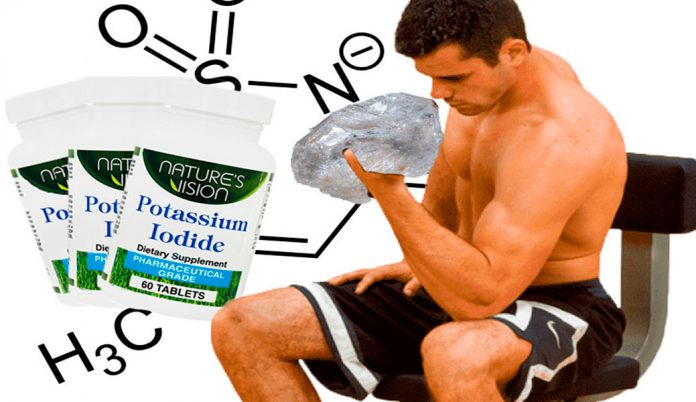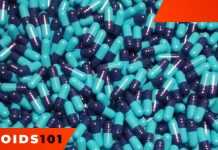The role of this element in the body is hard to overestimate because a large number of health and physiological processes hugely depend on this mineral. Among those are proper functioning of the excretory, musculoskeletal, cardiovascular and nervous systems. Despite the fact that it is perfectly absorbed and comes from quite a variety of foods, it is excreted from the body rather quickly. For this reason, it is important to maintain the balance of this mineral and monitor that you’re not running short of it.
Properties of potassium
It is performs the following functions:
- It is responsible directly for sodium-potassium balance, which provides for optimal intracellular pressure
- Along with the previous, potassium participates in the formation of «fuel» from glucose. These features combined ensure the correct contraction of muscle fibers, including cardiac.
- Support of fluid composition within cells
- Maintaining the acid-base balance in the human body liquid medium
- It serves as a catalyst in a number of organic reactions, including those that promote stamina and saturate the brain with oxygen
- Participates in the normal functionality of the kidneys, helps prevent swelling
- This element provides the conduction of impulses and nervous excitability
Symptoms and causes of deficiency
Deficiency of this mineral in the body is called hypokalemia. If a person develops the symptoms listed below, it’s better to consult a doctor. There is a high probability of hypokalemia, if these symptoms are observed:
- heart rhythm disturbances
- irritability
- tremor of hands and feet
- impaired coordination
- muscle weakness, frequent convulsions, pain
- constant drowsiness
- fast fatigability

Among the reasons that could provoke a deficiency of potassium in the body, there is physical overload with excessive sweating, as well as:
- if the mineral doesn’t enter the body with food in sufficient quantities, or if foods high in sodium predominate in the diet
- stressful condition
- the use of diuretic, hormonal or laxative drugs, resulting in excessive fluid loss
Symptoms and causes of potassium excess
In medicine, it is better known as hyperkalemia and can occur for the following reasons:
- metabolism disturbance
- insulin deficiency conditions
- renal failure
- taking drugs over the prescribed course in the absence of the need for their intake
An excess of this mineral in the body is accompanied by characteristic symptoms, such as:
- frequent urination
- colic
- arrhythmia
- increased irritability
- sweating
- muscle paralysis
If this problem is not solved in due time, in future in may lead to diabetes mellitus, so it’s vital to keep a balanced potassium level in the body.
Potassium for athletes

Due to intense training and high energy losses, the athlete’s body is especially in need of a sufficient amount of it. This mineral is involved in the work of the neuromuscular system, and with intense loads, it is excreted from the body along with sweat. It helps to restore strength after training, so it is always contained in drinks for athletes, which must be consumed after workout. According to experts, the food consumed after training should be as rich in potassium as possible.
Daily requirement
The daily rate of consumption of the mineral directly depends on age. Children are advised to take 15-30mg per kilogram of weight, adults – 1g, which is a minimum daily requirement. When it is received below this norm, severe hypokalemia begins to develop over time.
The optimal dose of this mineral is considered 2g daily for adults, when for athletes the norm increases to 3g. However, during muscle gain training, it’s better to increase the daily dosage of potassium to 4-5g.
Foods containing potassium
The most amount of potassium can be found in green tea, cocoa and dried apricots. They contain 2.5 and 1.7g of potassium per 100 grams of product, respectively. Next come cheeses and milk. Also this mineral can be found in mushrooms, dried fruits, spinach, nuts, potatoes, bananas, avocados, peaches, tomatoes, beets, Brussels sprouts, kohlrabi, oatmeal and buckwheat.
Remember, however, that significant amount of potassium is present in water, so it is not recommended to soak the products. Prepare them by steaming, if possible. Moreover, many products can be consumed raw.
Vitamins
The balance in the body is easily maintained by including a sufficient number of products containing this mineral in your diet. For this reason, potassium-containing dietary supplements are prescribed only in cases of fully-developed hypokalemia.
There are drugs that are prescribed as part of the prevention of cardiovascular diseases. Such drugs can be taken only by prescription from a doctor.
Vitamin complexes also contain – about 2% of daily optimum of it. Quality complexes for athletes always contain this mineral along with magnesium and pyridoxine. It’s better to choose products from global manufacturers. You can also restore potassium balance with the help of sports drinks, which are taken at the end of a workout.
In fact, if you approach the issue of nutrition seriously enough and ensure the daily intake of this mineral, you won’t be needing any additional supplements, save for vitamin complexes. In case of having symptoms of potassium imbalance, contact a medical institution, so that a doctor would prescribe correct treatment



